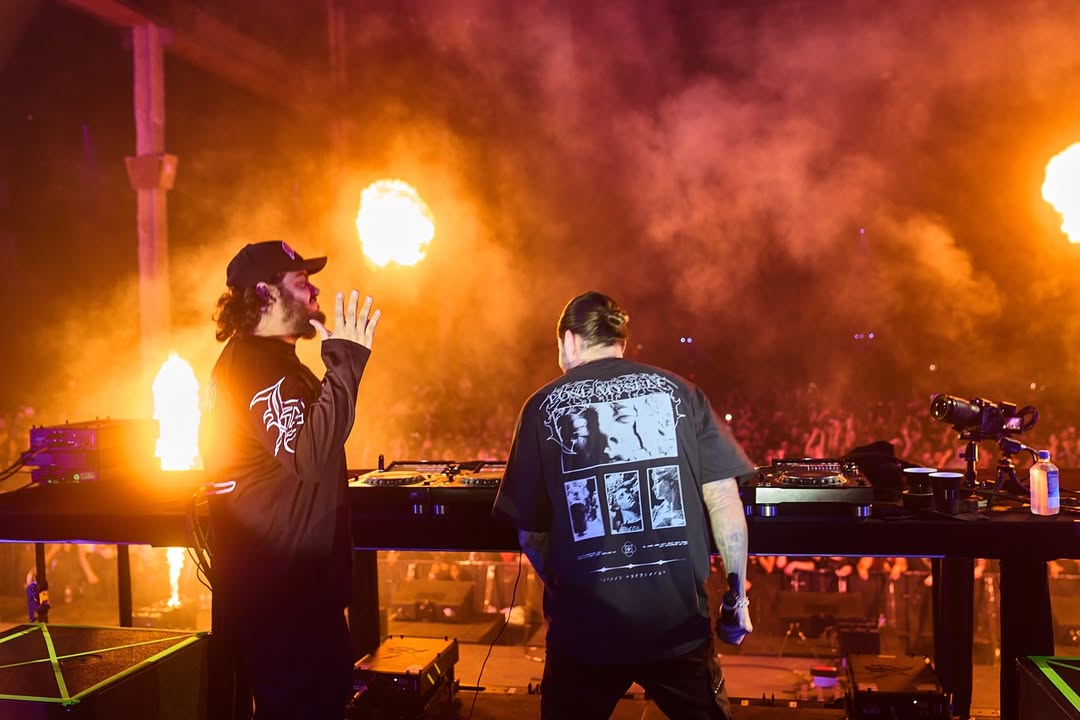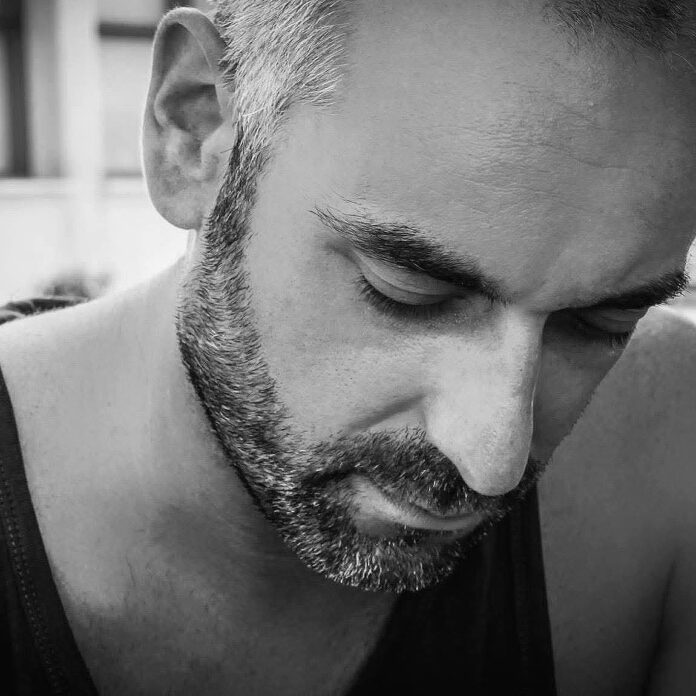WARNING: The following contains spoilers for Boruto: Naruto Next Generations Episode 188, "Awakening," now streaming on Crunchyroll.
There are many strange things in the worlds of Naruto and Boruto. The fusion of magic and science leads to many unique tools and creations. However, the Karma mark is one of the strongest and most dangerous objects in the world. But what are Karma marks, why do they exist, and what do they do?
At first glance, a Karma may look like a diamond-shaped tattoo. However, they're much more sinister than that. Karmas are actually small spikes that resemble a pyramid. They are inserted into the skin until they become flush, making them appear as part of the person they're embedded into. Those who get close to a Karma may even be able to spot small circuitry-like objects inside it.
The purpose of a Karma is to act as a backup of an Ōtsutsuki clan member's DNA and biological data, almost like a Naruto universe version of a USB drive but for human biology. However, rather than going into computers, these Karma marks are inserted into a person. Once inserted into a host, that host becomes a vessel. The Karma then overrides the host's genetics, slowly twisting their physical makeup until they're identical to an Ōtsutsuki.
The reason for this technology is simple. Should an Ōtsutsuki fall in battle, their soul can jump into one of their host bodies, sometimes taking control of the body for its own needs. Should the Karma fully overwrite the host's genetic information, then the Ōtsutsuki can use the host body to reincarnate themselves. Due to this, most Ōtsutsuki only inserts a Karma when they think they have sustained a fatal wound.
However, the process isn't as simple as it sounds. A host needs to be compatible with the Karma. If someone attempts to put a Karma into a non-compatible person, the host will likely die in the process. However, in rare occurrences a non-compatible host can survive, leading to a White Karma -- which can activate the Ōtsutsuki's abilities. However, they cannot be used for the purposes of reincarnation.
In return, the host can learn how to activate the Karma and can use some of the Ōtsutsuki's powers and abilities. When activated, markings appear on the host's body. These patterns are usually black and tattoo-like, but they change in form and style depending on both the host and the Ōtsutsuki who created the Karma. An active Karma massively boosts the host's physical strength and endurance, and Jutsu power. The user can also absorb chakra attacks. However, controlling a Karma isn't easy. Weaker or lesser experienced hosts can quickly lose control of themselves. They may also accidentally push their body beyond its limit and pass out or do long-term damage to themselves.
Boruto acquired his Karma while fighting Momoshiki Ōtsutsuki. As Boruto charges forward to land a killing blow, Momoshiki inserts the Karma into his right palm, meaning that Boruto is slowly being rewritten to become Momoshiki's perfect vessel. Kawaki's Karma, however, is slightly more complex -- it was originally implanted into Jigen by Isshiki, but Jigen was able to transplant the Karma marks into Kawaki.
When Kawaki's Karma activates, the markings almost perfectly mirror Boruto's own when he uses his Karma. This is because their marks have resonance, meaning Boruto and Kawaki can feel each other's rage and pain, as well as being able to release any chakra the other has absorbed. When one Karma activates, the other is set off as well. This also means that if one of them maxes out their Karma, they could cause the other person to die due to overexertion. Boruto and Kawaki will have to be very careful when they are together, especially if combat is involved.
Karmas are fascinating objects and open up many interesting questions about the future of the Boruto story and the ultimate fate of its titular character. While his Karma is making him stronger, will he be able to fend off the downsides? And will Kawaki's presence cause something worse than what viewers have already seen?
About The Author

